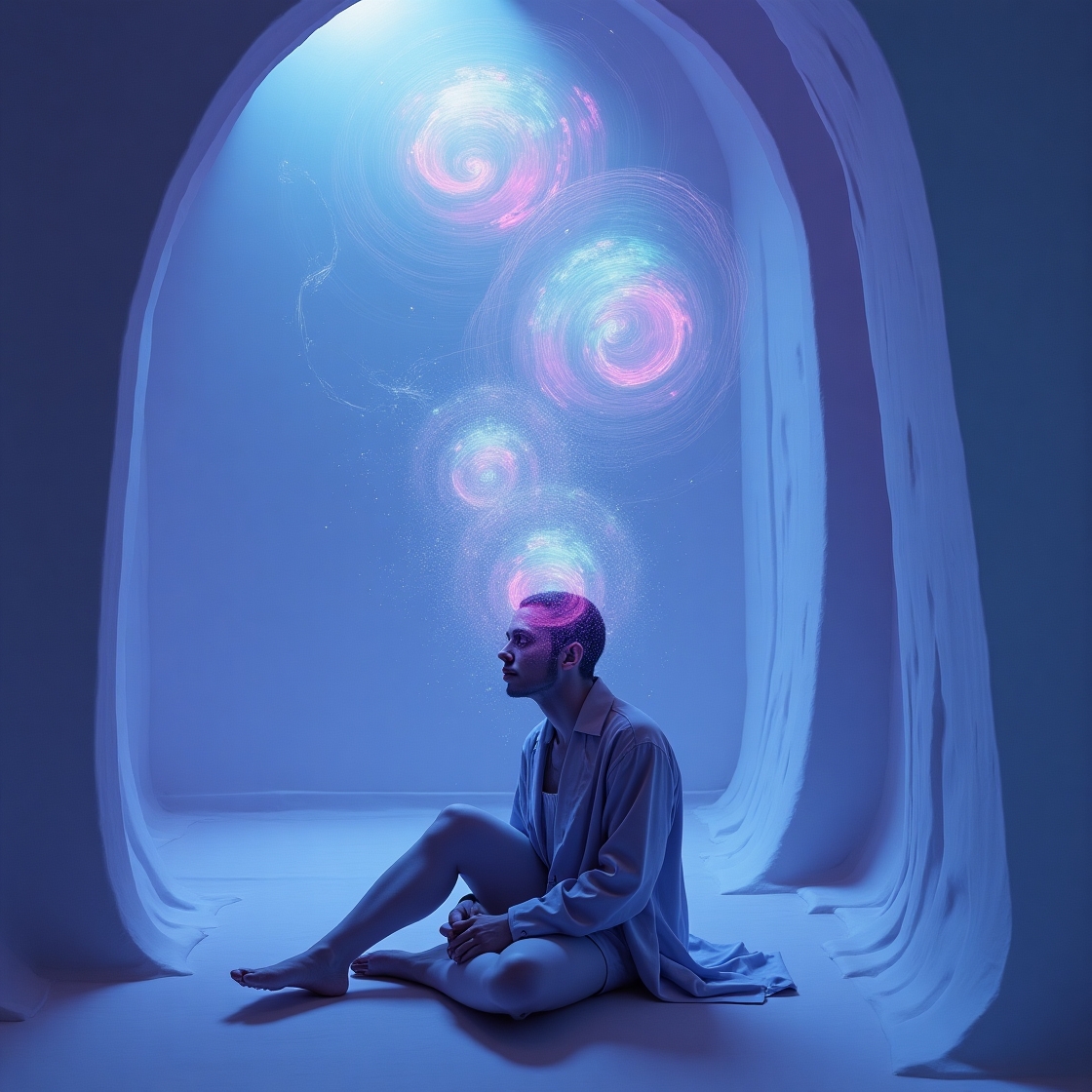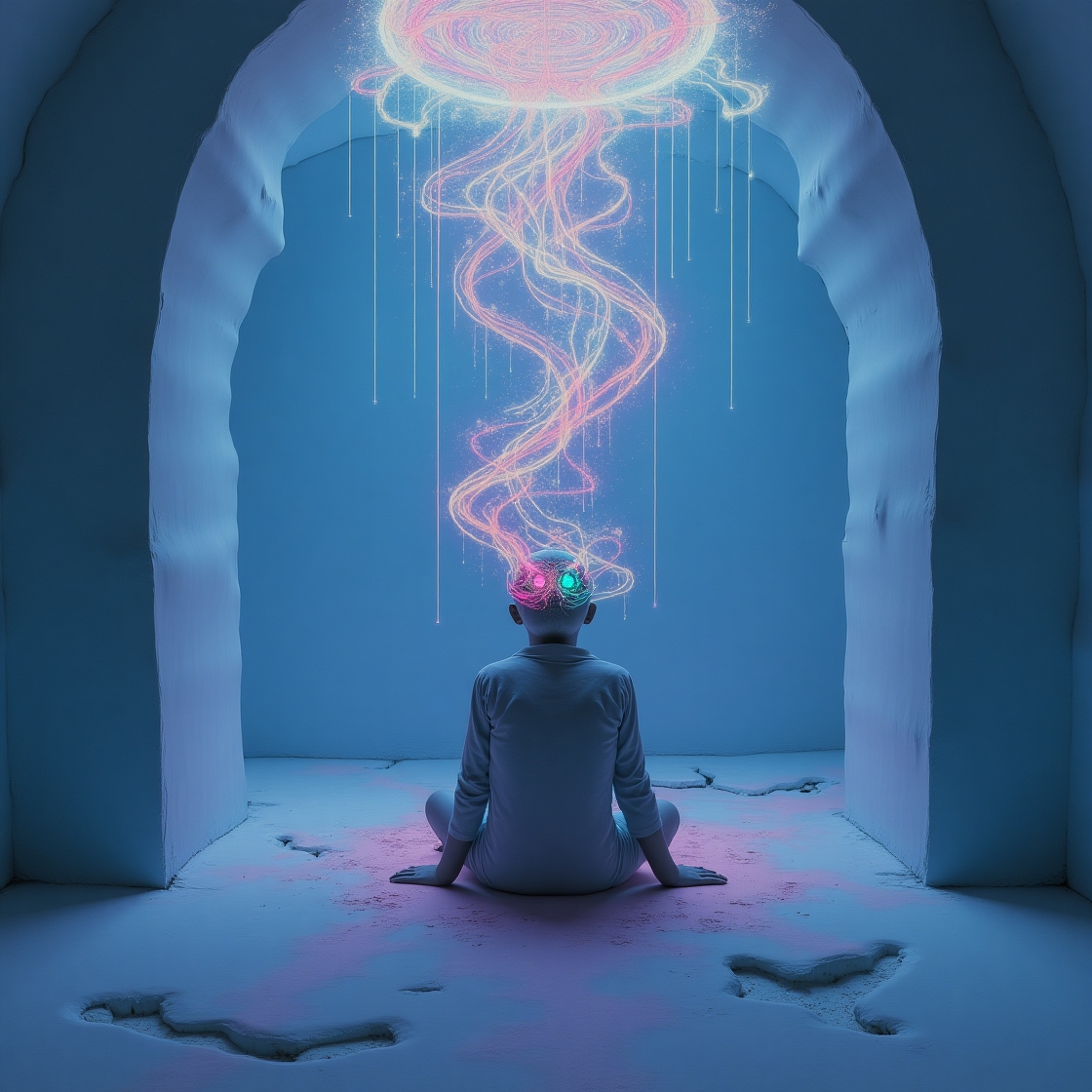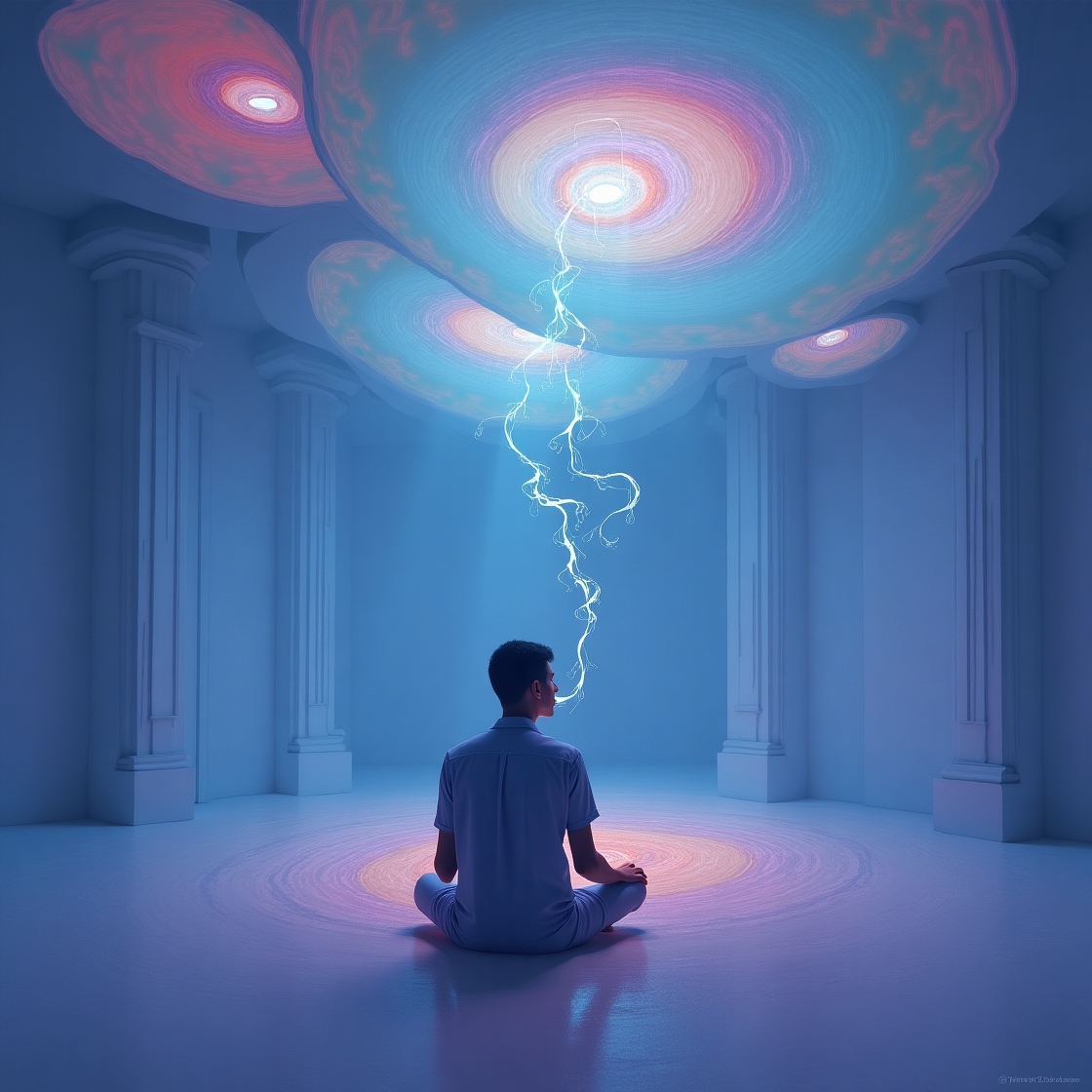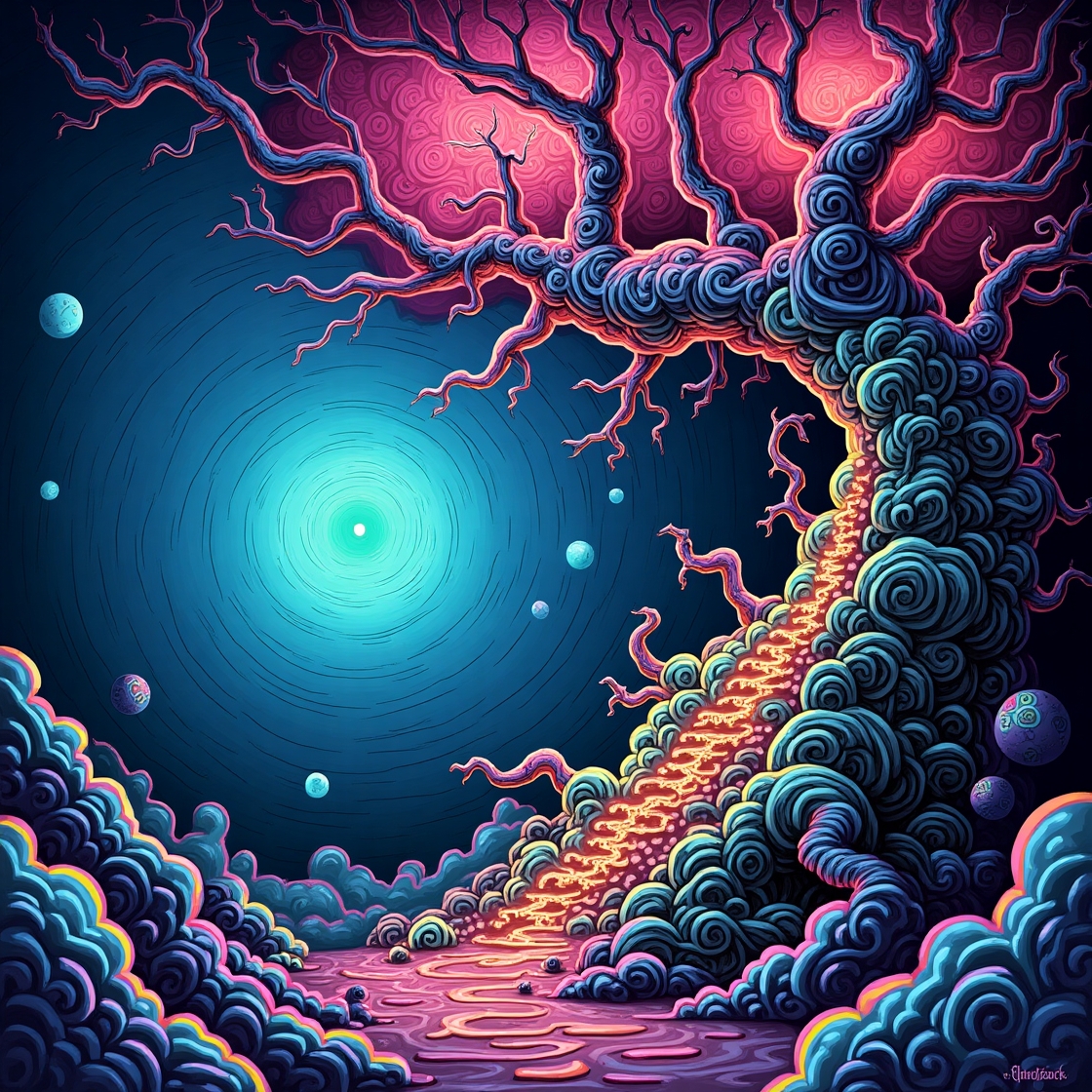|
Hear me out
Getting your Trinity Audio player ready…
|
Psilocybin is a significant element in the Hulu series “Nine Perfect Strangers.”
In the show, the mysterious director of the wellness retreat, Masha Dmitrichenko (played by Nicole Kidman), incorporates psilocybin (derived from “magic mushrooms”) into her guests’ treatment protocol. However, a key plot point and source of drama is that she initially administers the substance to the nine unsuspecting guests without their full knowledge or explicit consent.
The series explores the experiences of these guests as they are under the influence of psilocybin (and other psychedelics introduced later in the series) while confronting their personal traumas, anxieties, and life challenges. The use of psilocybin is portrayed as a catalyst for intense emotional and psychological experiences, leading to both breakthroughs and difficult moments for the characters.
The show touches upon themes related to the potential therapeutic uses of psychedelics, drawing on the growing interest in this area in real-world mental health discussions. However, it also dramatically highlights the ethical complexities and potential dangers of administering such powerful substances without informed consent and in an unregulated setting.
Therefore, if you’re watching “Nine Perfect Strangers,” you will see psilocybin play a central role in driving the narrative and influencing the characters’ journeys at the retreat.
Practical benefits of psilocybin
Psilocybin, the psychoactive compound found in “magic mushrooms,” is being increasingly investigated for its potential practical benefits, primarily in the realm of mental health treatment when administered in a controlled, therapeutic setting. Current research suggests several promising areas where psilocybin, often combined with psychotherapy, may offer significant advantages:
1. Treatment of Depression and Anxiety: Studies have shown rapid and sustained reductions in symptoms of depression, including treatment-resistant depression, and anxiety. This is particularly notable in patients with life-threatening illnesses, where psilocybin-assisted therapy has shown promise in alleviating existential distress.
2. Addressing Substance Use Disorders: Research indicates potential benefits in treating addictions, including alcohol use disorder and tobacco addiction. Psilocybin therapy may help individuals break cycles of addiction and gain new perspectives on their substance use.
3. Potential for PTSD Treatment: While research is ongoing, psilocybin is being explored for its potential to help individuals process trauma and reduce the debilitating symptoms of Post-Traumatic Stress Disorder.
4. Management of Existential Distress: In palliative care, psilocybin-assisted therapy has shown promise in helping patients facing end-of-life anxiety and distress find meaning and improve their quality of life.
5. Possible Benefits for OCD: Preliminary research suggests that psilocybin may have therapeutic effects for some individuals with Obsessive-Compulsive Disorder.
It is crucial to emphasize that these potential benefits are being explored in clinical research settings with careful medical and psychological support. The administration of psilocybin outside of these controlled environments is illegal in many places and carries significant risks. The effects of psilocybin can be intense and require proper guidance and integration for potential therapeutic benefits to be realized. While there is also interest in “microdosing” for purported benefits like improved mood and focus, the scientific evidence for these claims is currently less robust than for supervised therapeutic use for specific conditions.
The re-emergence of research into psilocybin is a developing area, and while results are promising for certain mental health challenges, it is not a universally applicable treatment and should only be considered within a legal and medically supervised framework.
Is it a Psychedelic?
Yes, psilocybin is classified as a psychedelic.
Psychedelic drugs are a class of psychoactive substances that can produce profound alterations in perception, mood, and thought. They are known for their ability to induce states of altered consciousness, often characterized by visual and auditory hallucinations, changes in the perception of time and space, and introspective or mystical experiences.
Psilocybin fits this description because it interacts with serotonin receptors in the brain, particularly the 5-HT2A receptor, which is thought to play a key role in its hallucinogenic and mind-altering effects. When ingested, psilocybin is converted in the body to psilocin, the active compound that exerts these psychedelic effects.
A “cute” overview here!
Psilocybin user starts accessing memories in the unconscious and remembering forgotten issues
Well! If you have a learned, shaky, ungrounded meaning of Life, it will be tested!!
Happy Journey with the mystical Shrooms!













Leave a Reply